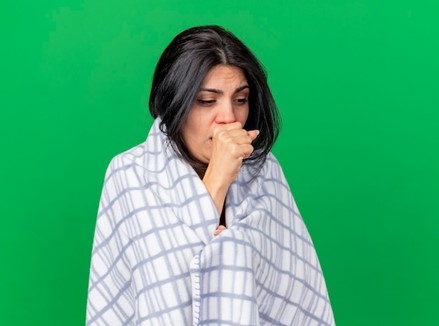It is encompass a range of health concerns that arise during the rainy season in tropical and subtropical regions. Here’s a detailed explanation in a blog:
Overview of Monsoon Season
The monsoon season is prevalent in tropical regions, distinguished by abundant rainfall and elevated humidity levels. It brings relief from heat but also creates favourable conditions for the spread of diseases.
Common Monsoon-related Illnesses:
- Malaria
Transmitted by mosquitoes that breed in stagnant water, this illness is characterized by symptoms such as fever, chills, headache, and body aches. Prevention measures include using mosquito nets and repellents, as well as eliminating stagnant water sources.
- Dengue Fever
Transmitted by Aedes mosquitoes breeding in stagnant water, this disease exhibits symptoms ranging from mild fever to severe flu-like illness, including dengue haemorrhagic fever. Preventive measures focus on mosquito control and avoiding mosquito bites
- Chikungunya
Transmitted by Aedes mosquitoes, the illness manifests with abrupt high fever, joint discomfort, skin rash, and fatigue. Treatment primarily aims to alleviate symptoms through rest, adequate hydration, and pain relief medications.
- Typhoid Fever
This illness results from consuming contaminated food or water and presents symptoms such as persistent fever, headache, abdominal discomfort, and weakness. Prevention entails vaccination and adhering to rigorous hygiene and food safety practices.
- Diarrheal Diseases
This condition arises from consuming food or water contaminated with pathogens. Symptoms commonly include frequent loose stools, abdominal cramps, and dehydration. Preventive measures include consuming safe drinking water, maintaining proper food hygiene practices, and regular handwashing.
Viral Hepatitis
This illness spreads through contaminated food or water or direct contact with infected individuals. Symptoms may include jaundice, fatigue, nausea, and abdominal pain. Prevention strategies include hepatitis A vaccination and maintaining strict hygiene practices.
Preventive Measures During Monsoon:
1. Mosquito Control:
- Use of mosquito nets, repellents, and screens on windows.
- Elimination of stagnant water sources.
2. Hygiene Practices:
- Drinking safe water (boiled or treated) and eating freshly cooked food.
- Proper handwashing with soap and water, especially before meals.
3. Vaccinations:
- Vaccination against diseases like typhoid fever and hepatitis A.
- Ensuring routine immunizations are up to date.
4. Personal Protection:
- Wearing appropriate clothing (long sleeves, pants) in mosquito-prone areas.
- Using footwear to prevent contact with contaminated water.
Seeking Medical Attention:
Early recognition of symptoms and prompt medical consultation are crucial for timely treatment and prevention of complications.
By understanding these common monsoon-related illnesses and practicing preventive measures, individuals can minimize health risks and enjoy a safer monsoon season.


